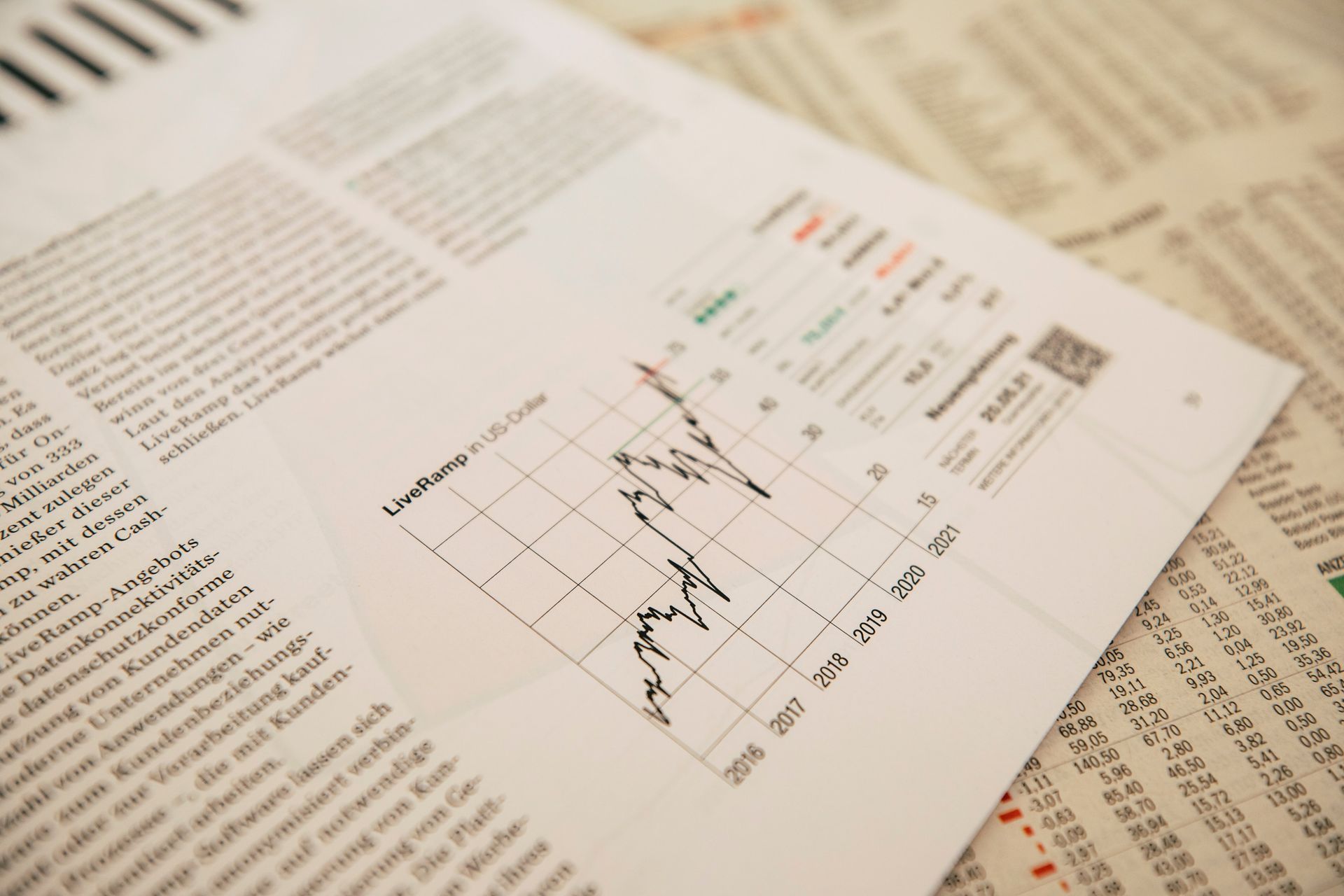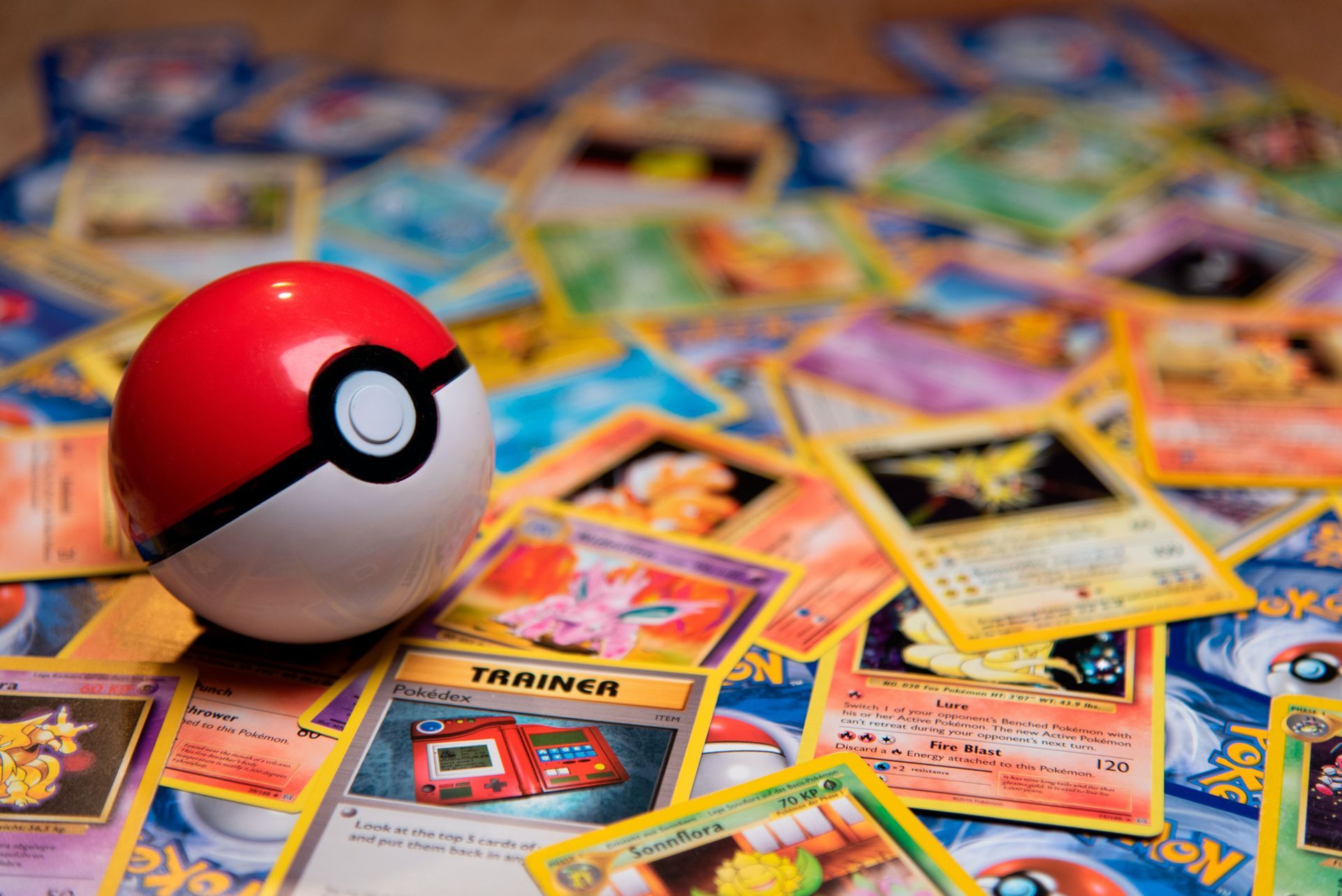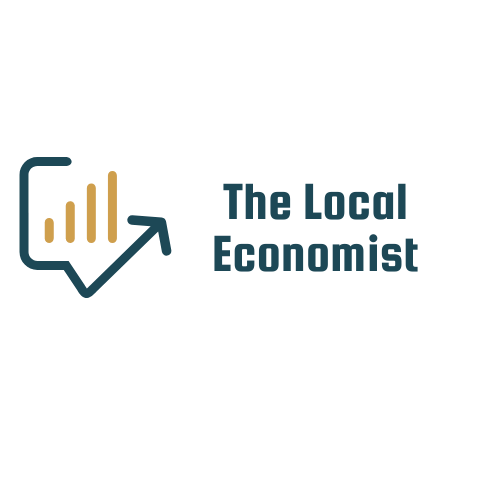Probability and Luck in Business and Life
In terms of evaluating the success of our business, or even our lives, it can be hard to figure out what should be attributed to luck and what we should hold onto with pride and vindication of “I made the right choices along the way to put me in this position.” Now, there is an entirely separate conversation about if “luck” is really lucky, or if it is the product of putting yourself in the position to receive that luck. For the purposes of this article, we’ll just assume that all luck discussed in the version of luck that is truly a gift of good fortune (think winning the lottery).
In this article, we’ll cover some basic concepts of probability as it relates to our daily lives. Don’t worry, this won’t be filled with math (or include any at all), but rather will discuss the concept of probability and making decisions that tilt the scales in your favor. Enough of those scale-tilting decisions, and you’re setting yourself up for a higher likelihood of success. It is important to keep in mind though, that sometimes life is cruel. Regardless of the steps you take, life may just be like a pitcher that prefers the off-speed stuff, and throw you curveball after curveball. While it’s not a guarantee, I think we can all agree that decisions that lead to a higher likelihood of success are preferred in most cases to those that do not.
Parallel Universes, Parallel Lives
To frame what we’re going to be talking about through this article, let’s take a look at the idea of parallel universes. Now, I’m not here to spout the virtues of the concept of the
multiverse, but it does have important implications when we think about the probabilistic outcomes in our lives.
The basic concept is that at every point of a probabilistic decision, there are new universes created in which all possible outcomes occurred. Let’s consider a really basic example. Let’s imagine you’re faced with a choice of going left or right at a fork in the road, a la Robert Frost. You’re told before you make the decision that there exists $1 million at the end of one path, and nothing at the end of the other. If you go down the path on the left, that is the only reality that you will ever know. However, in theory, there is now a separate universe in which you went down the path on the right even though you don’t realize that reality.

If you go down the path on the left and it doesn’t have the $1 million, your life remains unchanged, albeit with a little bit of disappointment you didn’t make it big on your coin flip decision. If, however, you do make the “correct” decision and travel down the path with the money at the end of it, you now only live that reality. But in describing both situations, we can see that both occur in some abstract sense. There is some probability that each outcome will occur. This is the case with everything that we do in life.
Now, if you’re not thoroughly confused by this point, let’s continue forward.
A Life of Probability
The example above is obviously an unlikely situation you’ll face (unless you find yourself in a MrBeast video). However, this consideration of probability in the decisions you make is important. As we think through the example, we can see there is a 50/50 chance you end up with the $1 million dollars. In reality, calculating these probabilities is significantly more difficult, and considering probability at every turn will certainly make you question your own sanity.
However, we can also apply probabilities, ex post (after they happen). This is something that could serve to be a good benchmark or indicator of the roadblocks you may be putting in your own way.
Decisions with a High Probability of Happening Again
When it comes to making decisions about your life, you’ll often be faced with something similar to the crossroads example above. Now, it won’t be as clear as “take this path and make a lot of money, take this path and make nothing,” but these decisions could have a similar impact. Now, that’s not to say that money is the only thing affected by this. Throughout all of these examples, money is just used because it’s tangible, feel free to substitute in anything that is more relevant to your definition of success. Through all of these decisions, you want to put yourself in a situation where the variance (think spread of outcomes) is minimized around your ideal outcome.
Let’s consider another example (motivated from an example in Fooled by Randomness by Nassim Nicholas Taleb) to try to illustrate this point. We’ll talk about two individuals that are starting from two different points in life. First, we’ll talk about Ron. Ron is a shoelace salesman. Business isn’t great, and really never has been. He often finds that people are buying shoes with shoelaces that are good enough for what they need, and his after-market shoelaces never seem to pique their interest. But, Ron keeps chugging along, trying unsuccessfully to sell his shoelaces. He does have another hobby though, he loves to gamble. He takes what little money he earns selling shoelaces and puts it into sports bets with low probabilities of success, but massive payouts. After gambling this way for years, he finally hits one of his bets that pays out a few million dollars. Ron now buys a nice house, in a good neighborhood, and sees his life completely changed.
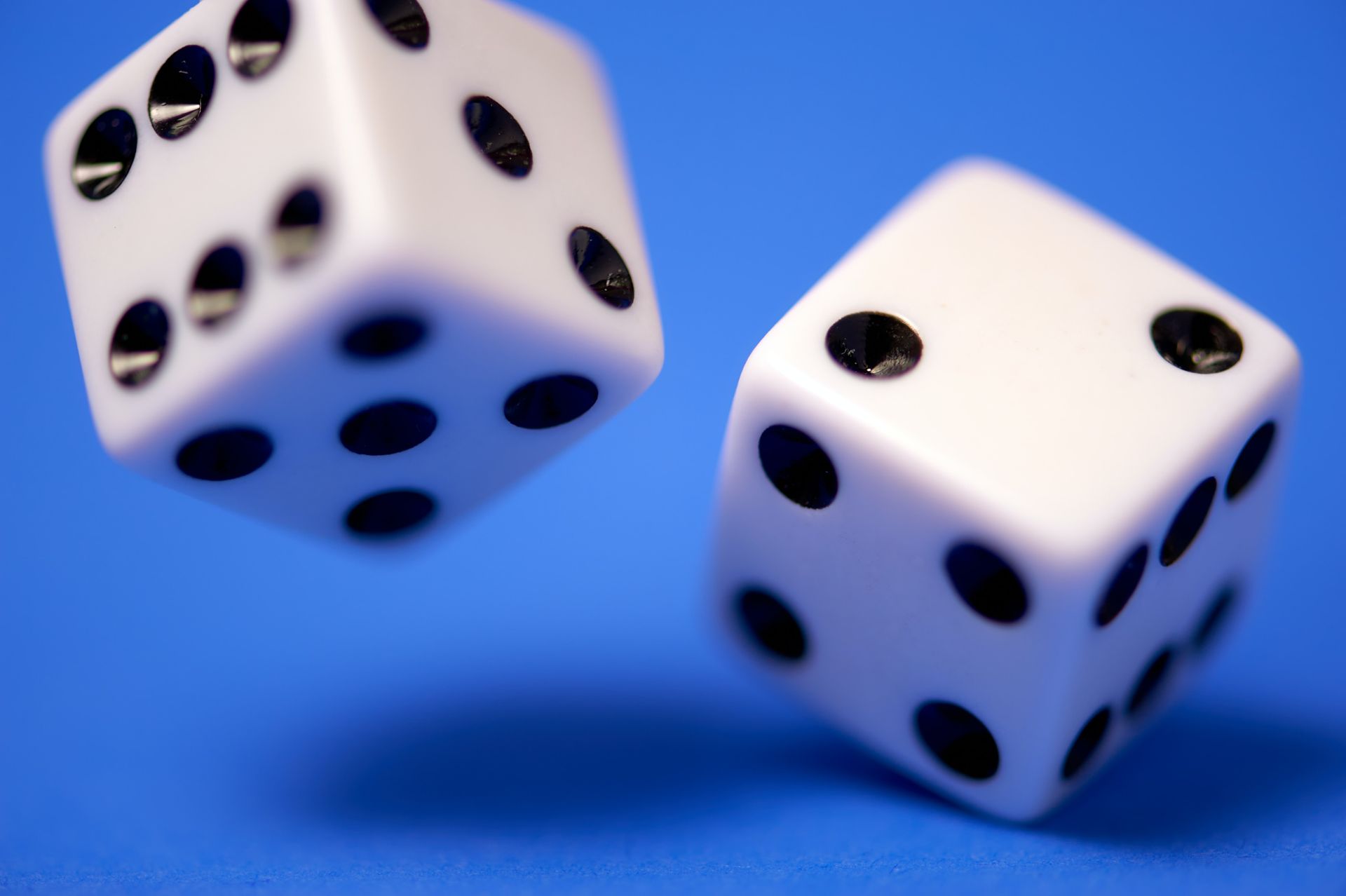
Now, let’s talk about his neighbor Tom. Tom is an optometrist, and a pretty good one at that. Not only is he good at making patients feel comfortable and welcomed in his office, but he’s exceptional at his job in helping his patients improve their eye health. Tom’s life is much duller, he doesn’t take many risks, even though Ron tries to convince him to during their weekend barbecues.
With that background in mind of these two people who ended up in a similar position in life, let’s circle back to the topic at hand here; probability.
If Ron were to run his life back tens of thousands of times since the first absurd bet he ever placed, the range of outcomes in his life would vary greatly. On the low end, he never hits his big bet, his shoelace sales go to zero, and he wagers his last penny out of desperation on a bet that surely will hit (spoiler alert: it doesn’t). A wide-range of middle outcomes is that he lives the same life he was living before he hit it big in the scenario we described above where he ended up as Tom’s neighbor. He wins some small bets, loses most, and shoelace sales remain uninspiring and he lives a below-average, average, or slightly above-average life. On the high end, he gets largely the same life he lives in the scenario above. Maybe he hits it big one or two times more.
Turning to Tom’s range of outcomes, let’s start from when he graduated from Optometry school. Without a lot of legwork here, we can see that Tom’s range of outcomes is significantly smaller than Ron’s. In the tens of thousands of re-runs of Tom’s life, the middle range of his outcomes are living as an optometrist in a middle-class, average community in the United States. In some of the re-do's, he is in an affluent area, and in others he’s in a poorer area. However, the likelihood of Tom living the same life he lives is significantly higher than the likelihood of Ron repeating his success.
What Does This All Mean?
As we illustrate the example above, you may be wondering what the point of all of this is. If we think about probability, ex post, that’s just the likelihood that they would be able to do it all over again. Notice with Tom, he has far more control over the outcomes he faces than Ron does (no matter how good of a sports bettor he thinks he is).
When we make decisions that set us up for repeated success, it is less likely to be considered luck. You thought I forgot about that part of it, didn’t you? Now, that’s not to say that others won’t view it as lucky, or that luck didn’t play a role somewhere along the way. However, luck in this sense relates to a simple probability. If you were to re-run your actions thousands of times, and the outcome experienced is unlikely relative to the others (an outlier), then that’s largely “lucky.”
But what can you actually do about this? The point of this story here, and the discussion of probability as it relates to your life and your business is about the little decisions you make every day. You can hear all of the business gurus and life coaches tell you that it’s the little things that matter. Making your bed matters. Writing a list of things you're grateful for as you wake up matters. And while those specific things may not actually matter (it’s an empirical question for which I have no data), the concept is what rings true.
The Local Economist
Your Home for Entrepreneurial News, Local Business Spotlights, and Trends that Matter
join the newsletter
Recent Posts
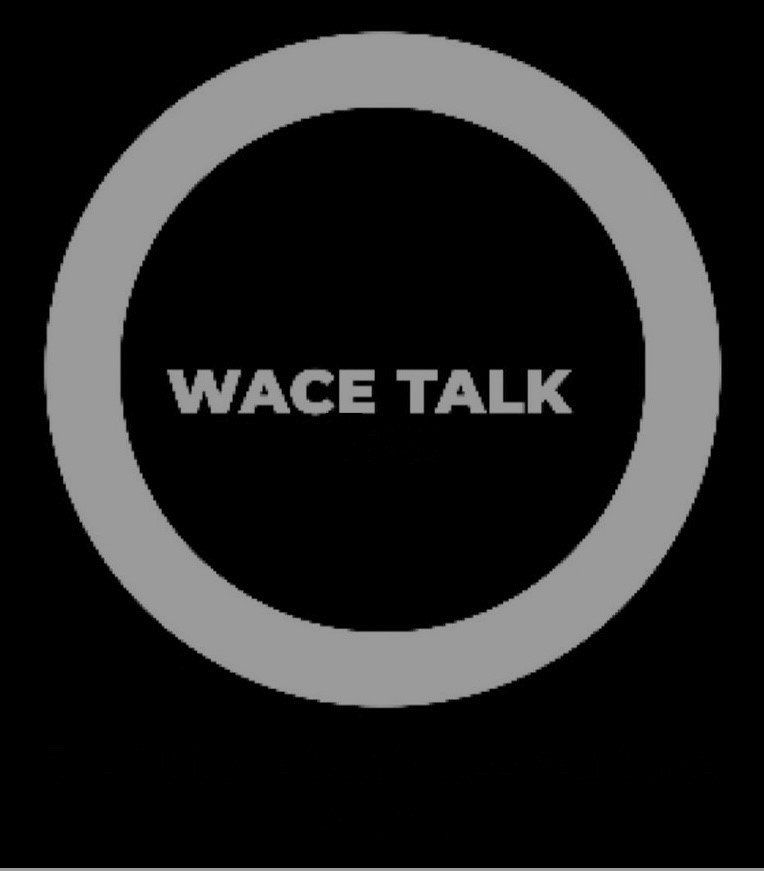

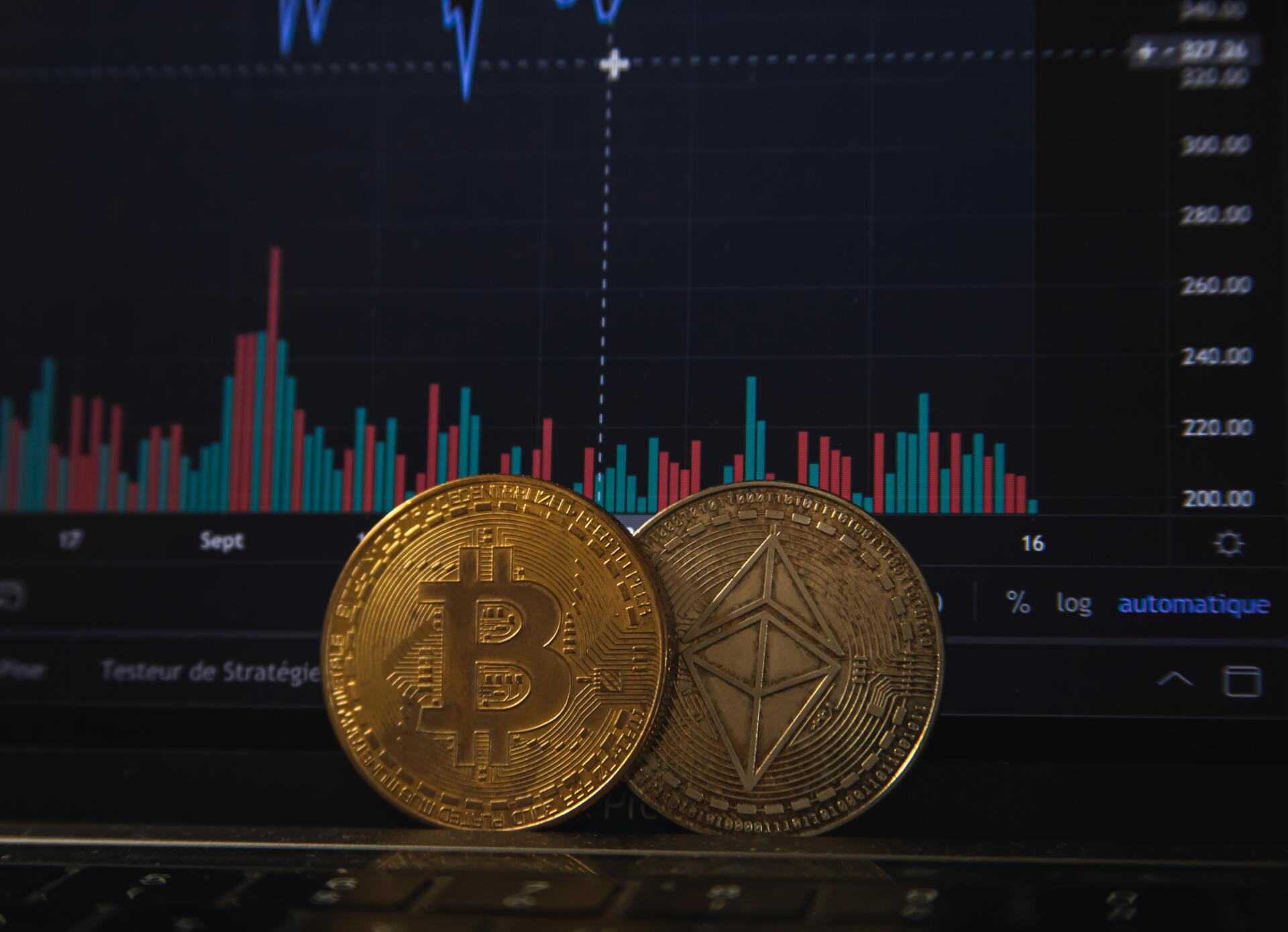
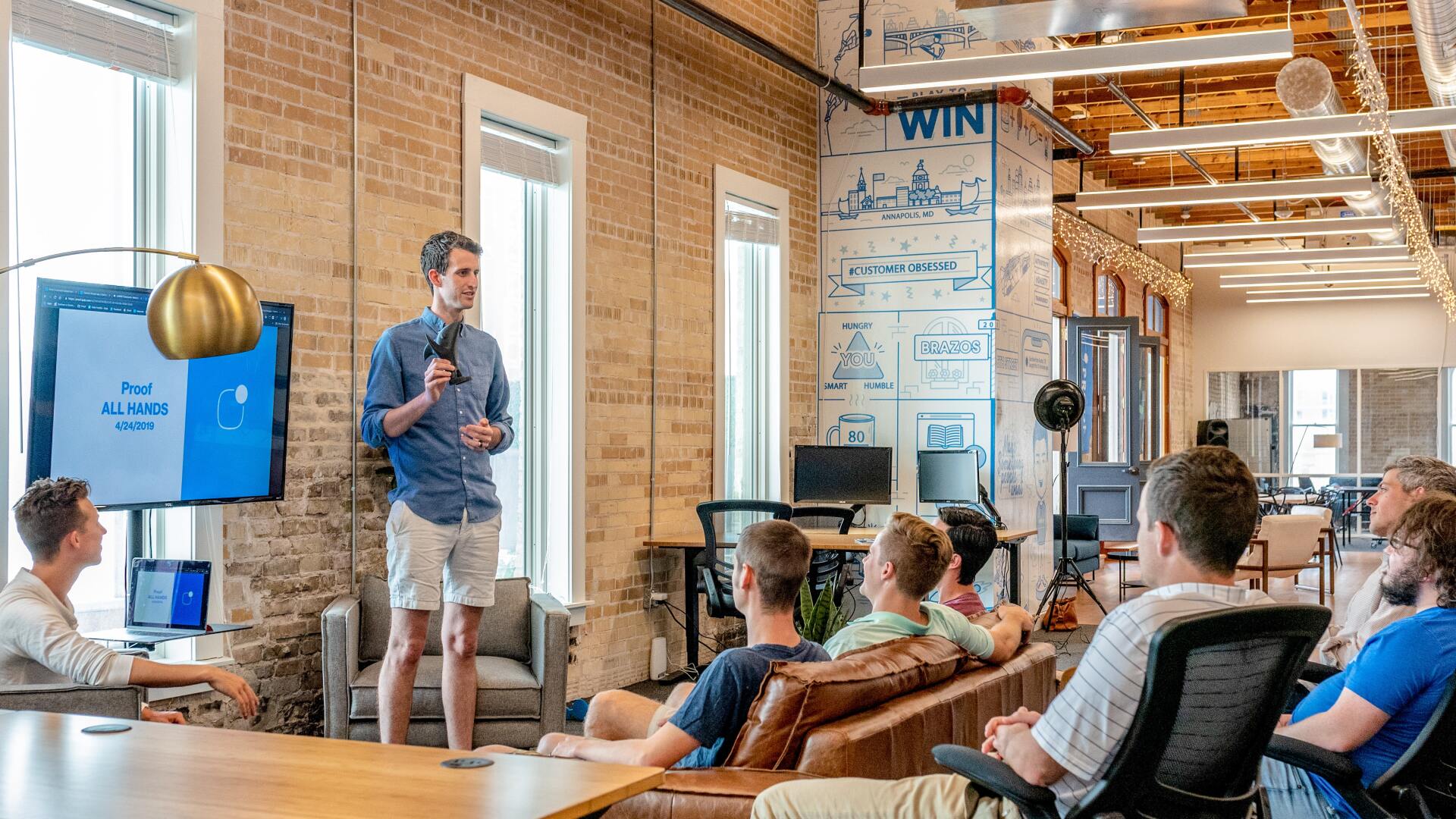



Share This...




